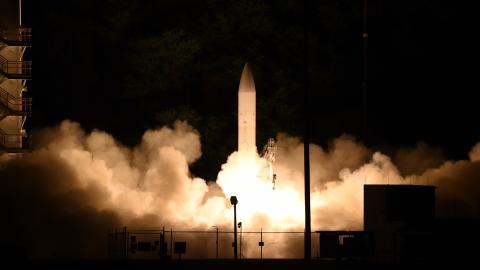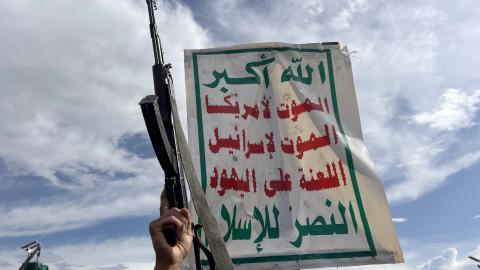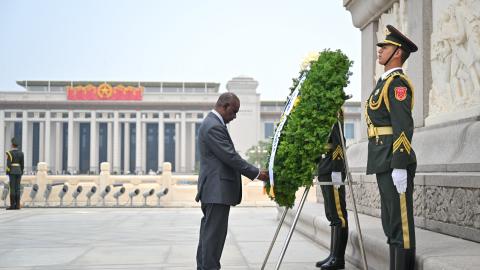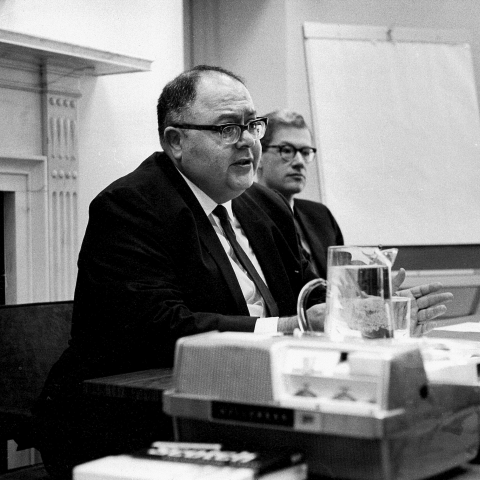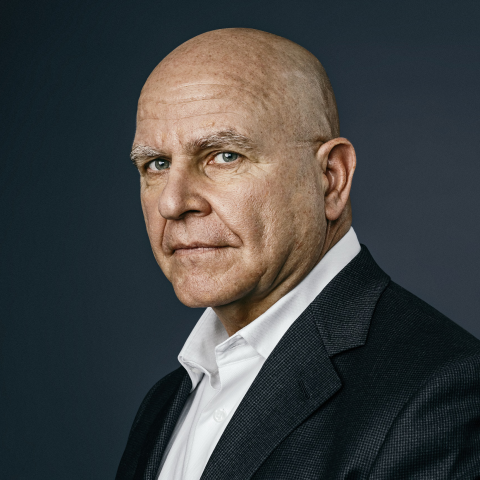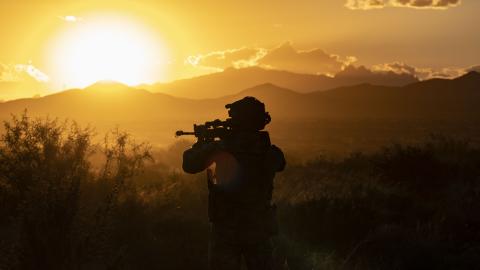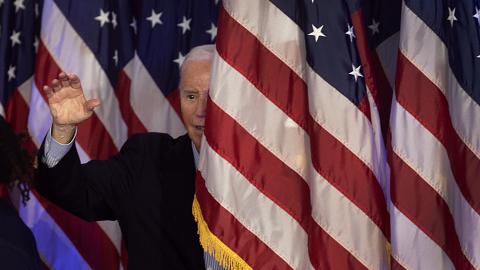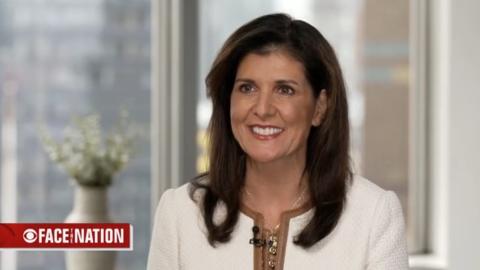
The Nuclear Posture Review: Challenges and Considerations


This threat environment is teaching American defense planners and policymakers hard lessons about the need to adapt and change the way the United States budgets, tests, acquires, and deploys new and existing weapon systems. Join Hudson for two panels that will discuss these lessons and why Washington urgently needs to apply them.
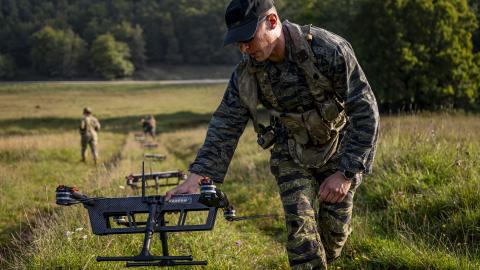

Representative Andy Kim (D-NJ) will join Hudson Japan Chair Kenneth Weinstein to discuss how the United States can build on multilateral economic and security initiatives among allies like Japan, South Korea, and the Philippines to maintain a free and open Indo-Pacific.
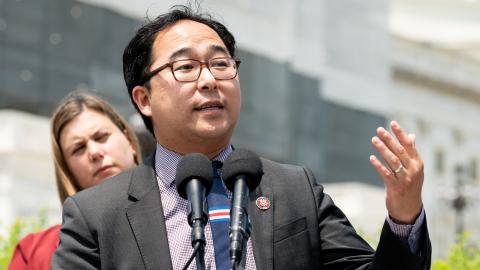

Join Hudson for a book talk with Dr. Stoker and Hudson’s Dr. Jonathan Ward on how America can learn from this history to meet the challenges ahead.


Join Hudson for a workshop with congressional, government, and industry officials to discuss the future of the American hypersonic missile program. The Space Foundation’s Major General Heather Pringle, United States Air Force (ret.), will introduce a keynote address from Congressman Doug Lamborn (R-CO). Then expert panels will discuss the future of hypersonic missile offense and defense and how members of Congress can build a bipartisan consensus about the vital US hypersonic missile program.
